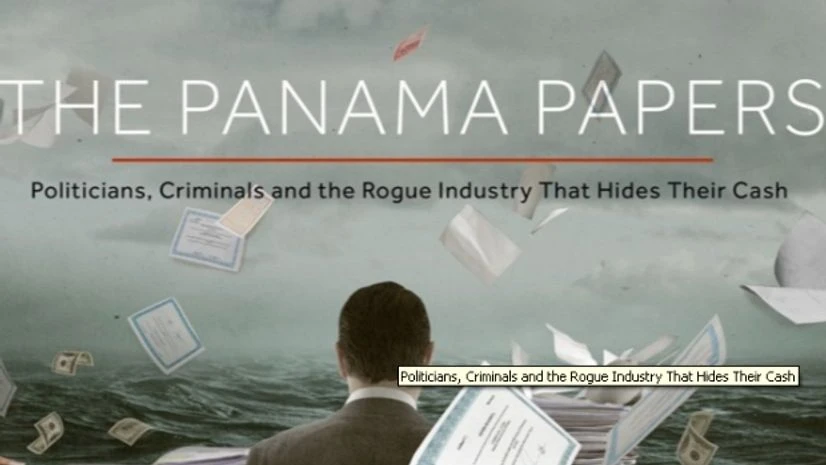Malta's left-of-centre government survived a no confidence vote linked to revelations from the so-called Panama Papers, which named the energy minister and the prime minister's chief-of-staff.
After 13 hours of debate, during which 50 of the parliament's 69 members had asked to speak, the opposition motion was dismissed by 38 to 31.
Prime Minister Joseph Muscat said on Twitter following the vote: "The vote of confidence is strong and without ambiguity, and gives us the energy to continue to work hard and achieve results."
More From This Section
The Labour government has an eight-seat majority, but the opposition-led attack is seen as damaging to Muscat's administration.
Energy Minister Konrad Mizzi and Muscat's chief of staff, businessman Keith Schembri, were both named in the leak of millions of files from Panama-based law firm Mossack Fonseca.
The files appear to indicate the law firm had been instructed to open bank accounts for the two officials in the Caribbean, Panama, Dubai and Miami.
They also reveal that the banks concerned were asking for initial deposits of $1 million.
Both Mizzi and Schembri have denied any wrongdoing and have rebuffed calls for them to resign.
Muscat has said he will await the outcome of an investigation before taking any decisions.
The Panama files have created problems for political figures in a number of countries around the world.
Spanish industry minister Jose Manuel Soria resigned on Friday after he was shown to have connections to offshore companies that he had initially denied.
Iceland's prime minister Sigmundur David Gunnlaugsson was forced to resign after it emerged he had huge amounts of cash stashed in the British Virgin Islands.
The majority of offshore accounts and companies are legal but their opaque structures are sometimes used to conceal ill-gotten or politically inconvenient wealth.

)
